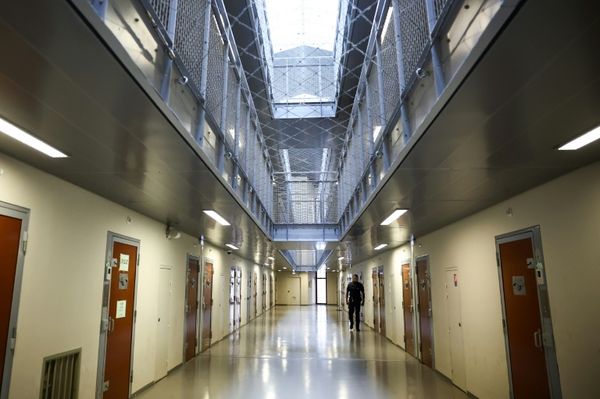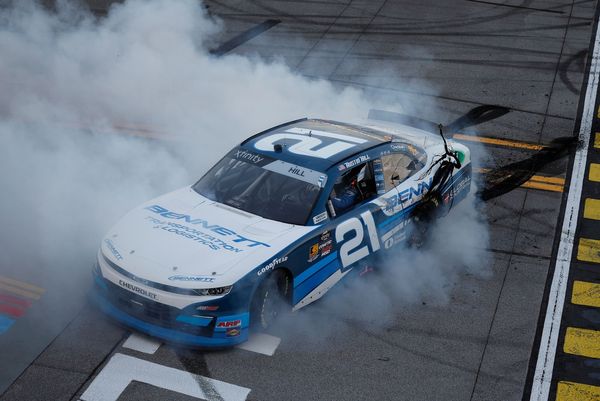
Peter Dutton has delivered a public warning to Liberal moderates, declaring he expects all MPs to toe the line and vote against the Albanese government’s planned overhaul of the safeguard mechanism.
After Guardian Australia revealed the opposition’s decision to reject the government proposal had triggered pushback both in the shadow cabinet and disquiet in the Coalition party room, Dutton told journalists on Wednesday he expected no one to break ranks.
Labor is pursuing reforms to the safeguard mechanism, introduced first by Tony Abbott, to help drive down pollution from Australia’s heavy emitters in a trajectory consistent with the government’s national climate targets for 2030 and 2050.
The first stage of the overhaul is allowing heavy emitters covered by the safeguard mechanism to buy carbon credits to help them meet their new obligations to cut pollution.
Guardian Australia revealed on Wednesday that senior Liberal moderates Paul Fletcher and Simon Birmingham raised concern about the Coalition’s position on crediting during internal deliberations when it was clear the recommendation to shadow cabinet would be to oppose the bill.
As well as the pushback in the shadow cabinet during two discussions over the past fortnight, the Liberal senator Andrew Bragg also queried the wisdom of that landing point during a meeting of the Coalition party room on Tuesday.
Then on Wednesday morning, the Liberal backbencher Bridget Archer, who crossed the floor to support Labor’s higher emission reduction targets in August last year, told Guardian Australia she had an open mind on the proposal if Labor could satisfy her concerns that a stronger climate policy could see heavy industry quit the country.
Asked about the breakout on Wednesday, Dutton declared the government’s legislation would be opposed because “this is a tax that’s being imposed”.
The safeguard mechanism is not a tax. The regulation was introduced by the Coalition, not the Labor party. The Morrison government had also opened the prospect of allowing safeguard crediting before the Coalition lost the federal election last May.
In the lead-up to the shadow cabinet and party room decision on the crediting legislation, the Coalition faced public pressure from business groups to make looming reforms to the safeguard mechanism a bipartisan exercise.
Business groups have expressed concern that the Coalition’s failure to give the safeguard overhaul bipartisan support means a perpetuation of the decade-long climate wars, and opens the way for the Greens to demand changes to the government’s proposal as it makes its way through the parliament.
The Greens leader, Adam Bandt, has already accused Labor of “gaslighting” and “greenwashing” for allowing new coal and gas mines to offset their emissions as part of the safeguard mechanism reboot.
Guardian Australia understands Birmingham told shadow cabinet colleagues opposing the crediting reform was both bad policy and bad politics, given the rout of Liberals in city electorates in the election last May. He also made the point the Coalition’s opposition would make it harder for businesses to comply with more ambitious reduction targets.
Since the election defeat last year, Dutton has attempted to revive a political strategy deployed successfully by Abbott at the opening of the carbon wars more than a decade ago, contending regularly that that stronger climate action means unmanageable costs for consumers.
After taking the Liberal leadership, Dutton made a captain’s call to oppose Labor’s 43% emissions reduction target. Dutton has also declared Labor’s proposal to overhaul the energy grid to boost the share of renewable generation “is never going to be realised”.
At the same time as pursuing a partisan campaign contending inflation-slugged consumers cannot bear the costs of the transition to low emissions energy, Dutton says he wants a debate about the viability of nuclear energy – currently one of the most expensive forms of power generation.
On Wednesday, Dutton told journalists Labor’s more ambitious climate policies would “drive up the cost of living and Australians at the moment are sitting there doing their budgets … working out how they’re going to pay for everything that they’ve got stacking up on their kitchen table.”
Dutton said business would pass the cost of the transition on to consumers, and that would be “inflationary.” The Coalition says it will develop alternative climate policies before the next federal election.







